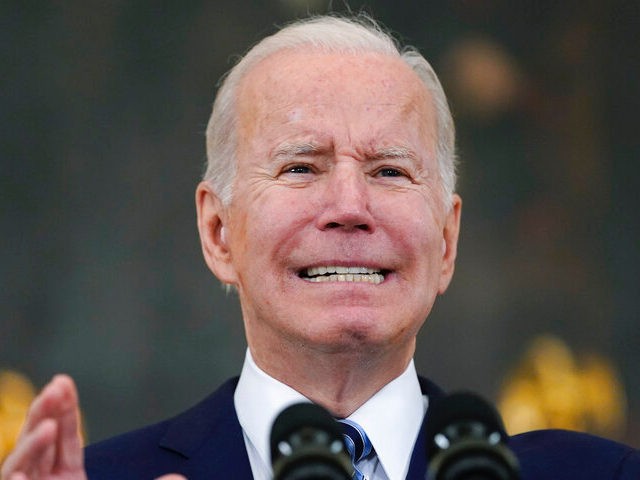Americans are paring back spending plans on big ticket items and even summer vacations as stubbornly high inflation continues to grip the nation, a survey of U.S. consumers indicated Tuesday.
The Conference Board said its consumer confidence index notched down to 106.4 in May after improving slightly in March and April.
The present situation index slipped in May to 149.6 from 152.9 in April, a strong reading. The expectations index—which asks about the outlook for income, business, and labor market conditions six months from now—fell 77.5 from 79 in April.
“Consumer confidence dipped slightly in May, after rising modestly in April,” said Lynn Franco, Senior Director of Economic Indicators at The Conference Board. “The decline in the Present Situation Index was driven solely by a perceived softening in labor market conditions. By contrast, views of current business conditions—which tend to move ahead of trends in jobs—improved.”
The share of consumers saying jobs are plentiful fell to 51.8 percent, down from 54.8 percent. The share saying jobs are hard to get climbed to 12.5 percent from 10.1 percent.
Consumers’ are increasingly pessimistic about the direction of the economy. Just 17.7 percent expect business conditions will improve six months from, down from 18.6 percent in April. The share expecting conditions will worsen rose to 24.9 percent from 21.7 percent.
“Meanwhile, purchasing intentions for cars, homes, major appliances, and more all cooled—likely a reflection of rising interest rates and consumers pivoting from big-ticket items to spending on services. Vacation plans have also softened due to rising prices. Indeed, inflation remains top of mind for consumers, with their inflation expectations in May virtually unchanged from April’s elevated levels. Looking ahead, expect surging prices and additional interest rate hikes to pose continued downside risks to consumer spending this year,” Franco said.
Prices have been soaring over the past year, pushing inflation to the fastest rate in four decades. The Biden administration and the Federal Reserve were caught flat-footed by the surge in prices, initially thinking inflation would last only a short while and was rooted in transitory factors linked to the reopening of the economy.
The Fed has pivoted to raising interest rates more rapidly than it initially planned and shrinking its balance sheet. President Joe Biden authored an opinion piece for the Wall Street Journal over the long weekend that claimed he would make “tackling inflation my top economic priority.” On Tuesday, the president is scheduled to meet with Fed chairman Jerome Powell to discuss the economy.

COMMENTS
Please let us know if you're having issues with commenting.